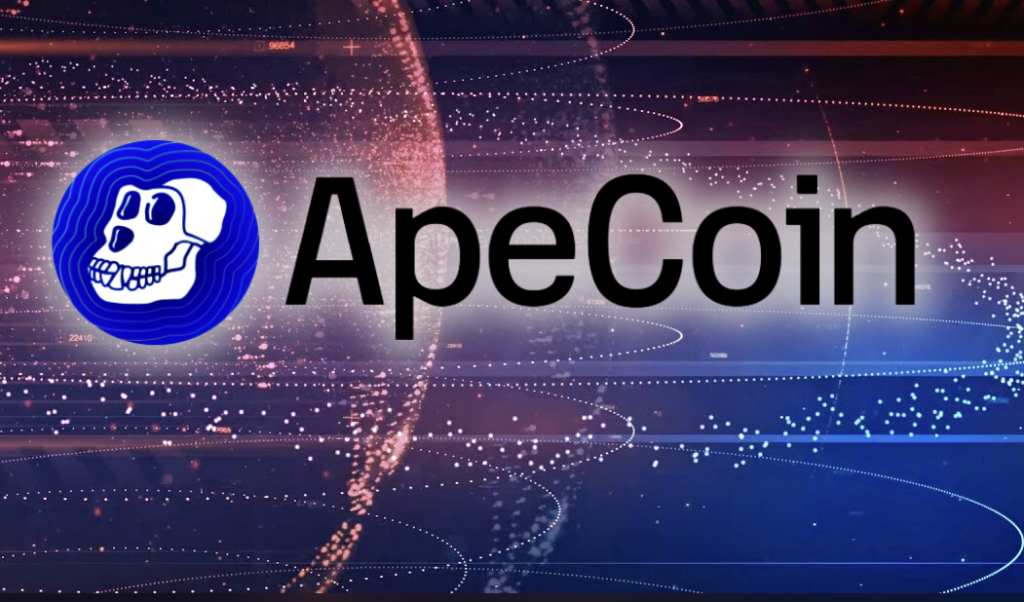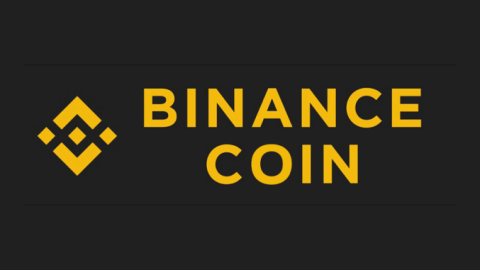An unexpected bonanza for a lucky few in late March revived the crypto markets’ sluggish performance in Q1 2021, sparking a return to bullish sentiment albeit for a brief period. Of course, we’re referring to the new cryptocurrency Apecoin, which was airdropped to thousands of lucky NFT holders. Launched by Yuga Labs, the founders of the mega-successful non-fungible token (NFT) project Bored Ape Yacht Club (BAYC), currently the number 1 NFT collection in the world, ApeCoin was made to create a new social ecosystem for BAYC holders and the growing APE ecosystem.
ApeCoin will be used to participate in the ApeCoin DAO, govern and maintain the APE ecosystem, and to vote on the decentralized autonomous organization’s (DAO) board members. The elected representatives will handle the day-to-day operations of the APE Foundation, such as bookkeeping, managing future projects, and taking care of administrative tasks to expand the APE ecosystem.
Created as an Ethereum ERC-20 token, ApeCoin already has a total of 277.5 million tokens in circulation out of the total supply of 1 billion. The token launched in mid-March with close to 30% in circulation. Supply will now unlock regularly over a 48-month vesting period.
The ApeCoin airdrop

BAYC and Yuga Labs have built a brand around hype and exclusive benefits for holders of their Bored Apes and Mutant Apes NFTs. The publicity that came from airdropping 15% of the total supply to NFT holders jumpstarted intense FOMO in speculators who can’t justify the price of entry for the NFTs – typically in the low-to-mid hundreds of thousands of dollars.
Immediately after the airdrop, ApeCoin was listed on nearly every well-known crypto exchange and traded for around $10.30, finding a low at $6. As of April 7, it trades at around $11.19.
Airdropped tokens are often volatile at first because of profit-taking, speculation, and liquidity issues. Recipients are often taken by surprise and must quickly decide if they will sell into the market hype or hold long term, with only the first option guaranteeing profits.
Flash loan fiasco
When there’s profit to be found, scammers are often easy to find. During the airdrop, one person profited $800,000 by taking a flash loan to rent five Bored Apes to own them within the airdrop window and receive ApeCoin tokens. They then returned the NFTs and quickly paid back the loan with profits from dumping the coins, netting a fortune.
What is the importance of Bored Apes Yacht Club for NFTs?

Plenty of projects use airdrops to reward early supporters with tokens, but not all of them have the same cultural significance as Yuga Labs and their Bored Apes collections.
Bored Apes and Mutant Apes have become the first projects that come to mind for non-crypto investors and some of the first collections desired by business and cultural elites such as Mark Cuban, Madonna, and many others. The success of BAYC and MAYC have inspired countless other NFT projects to use ape images, provide mutation methods, or offer exclusive community benefits as a use case.
Many of these NFT projects have airdropped tokens to holders, but given the recent success of Yuga Labs with ApeCoin, we may start to see even more companies try to replicate the success.
What is the Ape Foundation?
ApeCoin was created by ApeCoin DAO, but the Ape Foundation is the legal entity managing DAO operations related to purchases and legal matters. The foundation will also manage multi-sig wallets holding funds intended to bolster future ecosystem initiatives or make purchases decided on by the DAO.
Significance of airdrops in Web 3
Distributing tokens to a community or protocol user base has been a difficult problem for projects to solve, as tokens in the wrong hands are often dumped for immediate profit. Having an established use-case for a token is the first step to discouraging a dump, as NFT holders may need tokens to use the protocol’s features or interact with their NFT in some way.
Allowing users to stake their NFTs in return for tokens has become the go-to solution for projects attempting to release tokens to community members and prevent flippers from destroying a project’s reputation. Since successful projects don’t have an issue with retaining holders, an airdropped token can be very beneficial to users if the project is desirable.
Airdrops can also create hype for a project or kickstart an ecosystem that requires a native token, as was the case with the ApeCoin.
Tokens native to a project retain value based on demand within a community and the tokens’ role within that ecosystem, with general market trends or external events playing less of a role.
The Yuga Labs metaverse
Since the airdrop, Yuga Labs has announced that $450 million dollars were generated in a closed series seed funding round to raise money for Otherside, a metaverse project powered by ApeCoin. A new total valuation of $4 billion dollars, with millions more expected from future metaverse land sales, will allow Yuga Labs to further develop. Funds will be used to quickly recruit new talent, form new partnerships, and pay other operational costs while they scale.
ApeCoin will power the Otherside metaverse, and it will play a part in the future multiplayer role-playing game planned to be set there. Otherside will integrate other NFT projects within the game to expand the BAYC universe. By adding other projects to their world, Yuga Labs intends to create a more gamified, decentralized metaverse akin to one that might be developed by a triple-A gaming studio.


